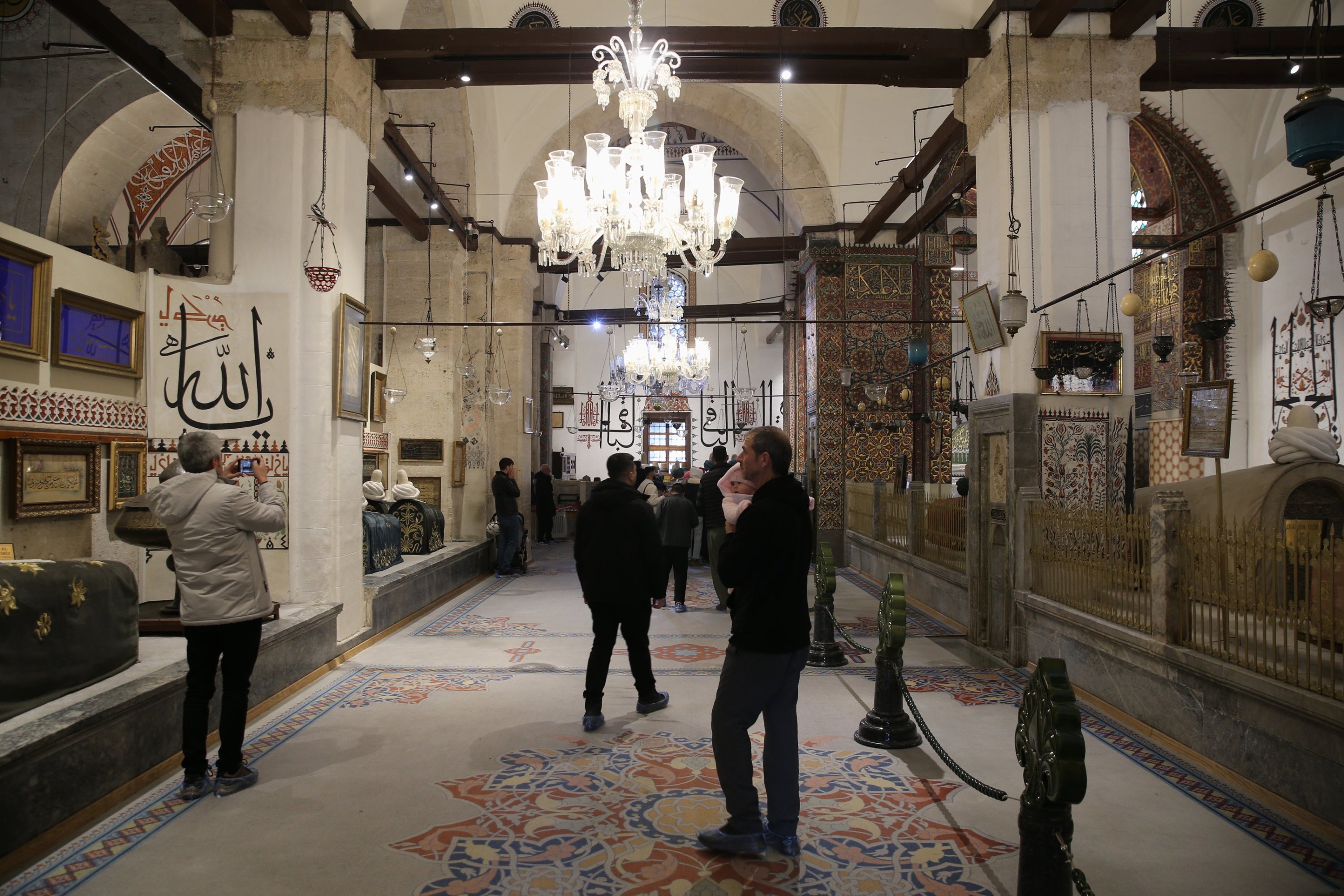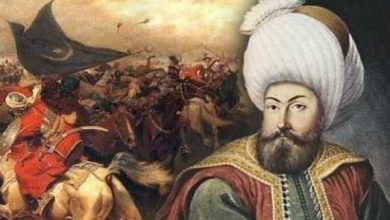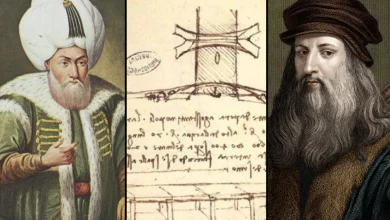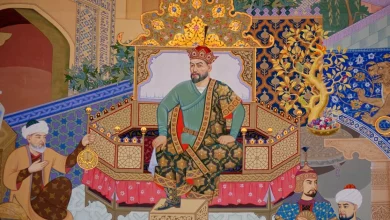Türkiye’s Mevlana Museum draws record 3M visitors in 2024
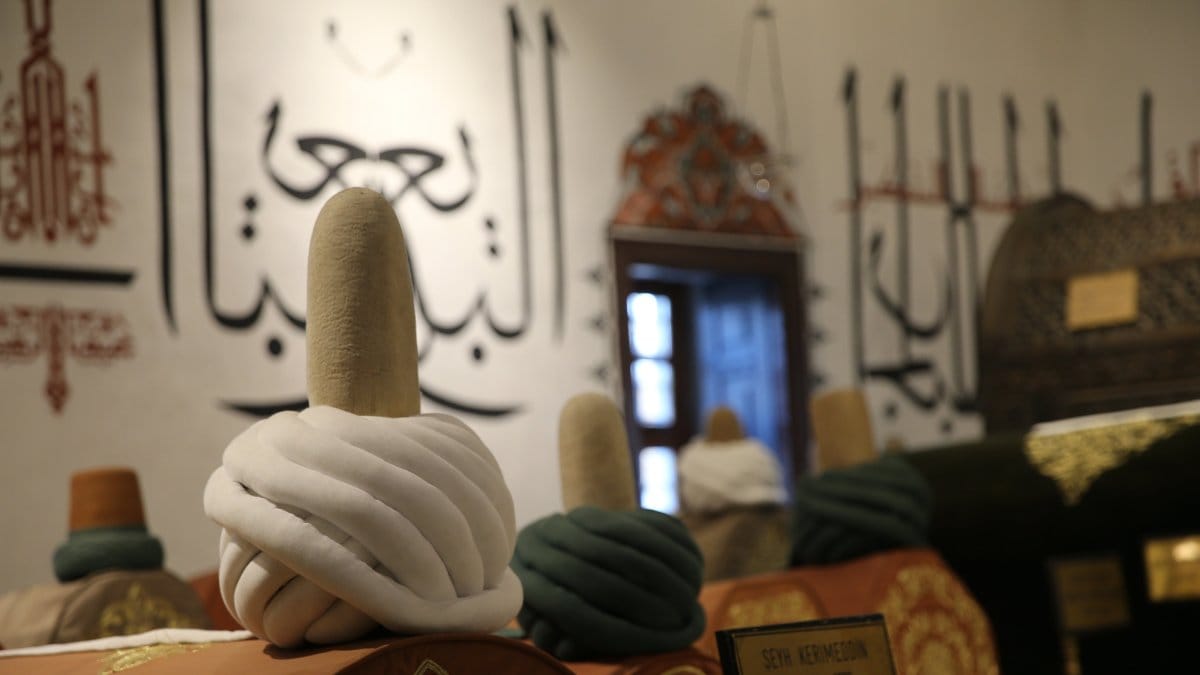
The Mevlana Museum, the final resting place of the renowned Sufi philosopher Mevlana Jalaluddin Rumi, welcomed a record 3,048,055 visitors in 2024. Located in Konya, central Türkiye, the museum has become a significant cultural and spiritual destination, drawing visitors from around the world.
Record-breaking visits
Each year, the Mevlana Museum witnesses an influx of tourists responding to Rumi’s famous invitation, “Come, come, whoever you are.” In 2024, the museum saw an increase of 129,775 visitors compared to the previous year, which had attracted 2,918,280 visitors. This remarkable growth underscores the museum’s increasing appeal both locally and internationally.
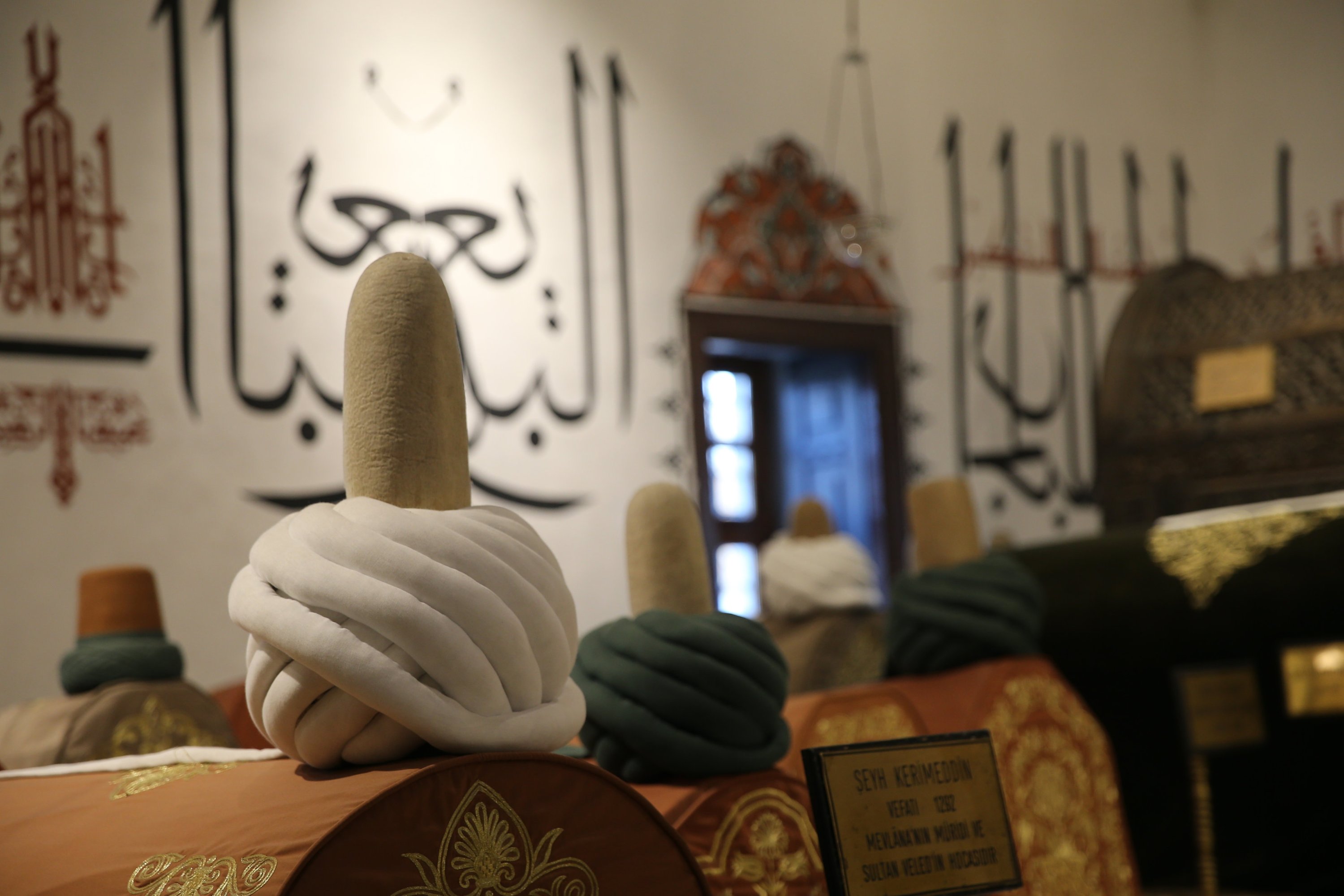
The Mevlana Museum is part of the Ministry of Culture and Tourism of Türkiye’s portfolio of cultural institutions. It houses nearly 10,000 items, including artifacts, manuscripts and artworks related to Rumi’s life and the broader Sufi tradition. The museum plays a central role in Türkiye’s cultural and religious tourism.
Mehmet Yünden, deputy provincial director of culture and tourism, stated that Rumi is one of the most widely recognized figures worldwide. He noted the growing interest in the Mevlana Museum, emphasizing that it ranks as the top museum under the Ministry of Culture and Tourism, surpassing all other museums in Türkiye in terms of visitor numbers.
“We are proud that Mevlana Museum, with 3,048,055 visitors, ranks first among museums affiliated with the Ministry of Culture and Tourism,” Yünden said. “We continue our efforts to honor this recognition and ensure that our city receives its due.”
Global destination
The Mevlana Museum’s visitor demographics illustrate the universal appeal of Rumi’s teachings. Yünden explained that the museum draws visitors from across the globe, underscoring the universal relevance of his philosophy. He shared that countries like Iran, the United Arab Emirates and various Middle Eastern and Gulf nations have been significant sources of visitors. Additionally, there has been notable interest from Western Muslims and even tourists from distant regions such as Africa and East Asia.
“The museum’s global appeal is truly remarkable,” Yünden remarked. “It’s not just visitors from well-known countries, but also people from smaller, less-recognized nations. The emotional connection visitors feel with Mevlana’s teachings infuses the museum with a unique and profound energy,” Yünden said.
He also emphasized the significant role of tourism in Türkiye’s economy, particularly during challenging global circumstances, such as ongoing conflicts in certain regions. He stressed that Türkiye’s tourism infrastructure has proven to be resilient and capable of attracting visitors even in times of geopolitical uncertainty.
Looking ahead, Yünden emphasized that Konya plans to further bolster its reputation as a cultural and spiritual hub in 2025. “We aim to increase international cultural activities in the city, such as the Sufi Cinema Days, the Mystical Music Festival, and the International Mevlana Commemoration Days. These events will help keep the city’s cultural significance fresh and prominent on the global stage.”

